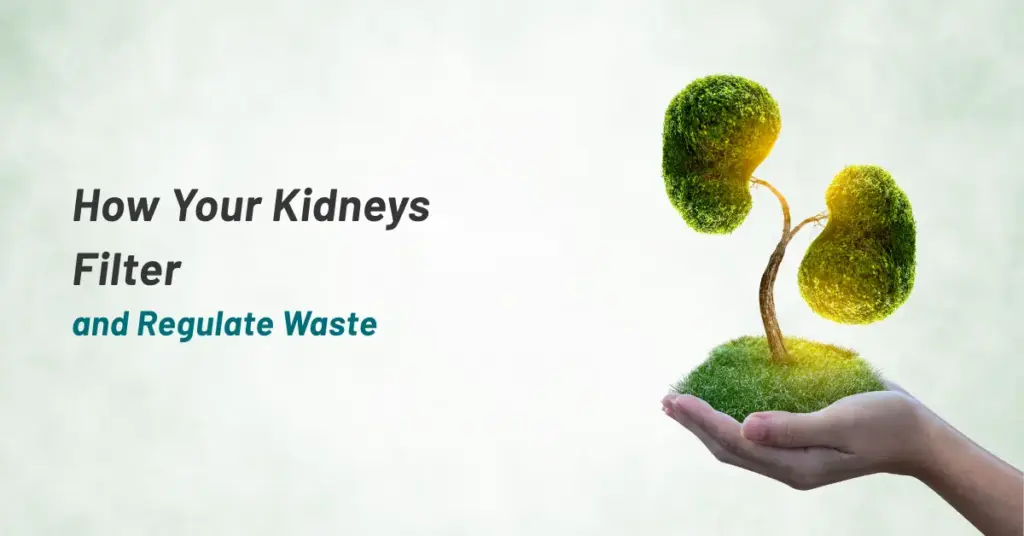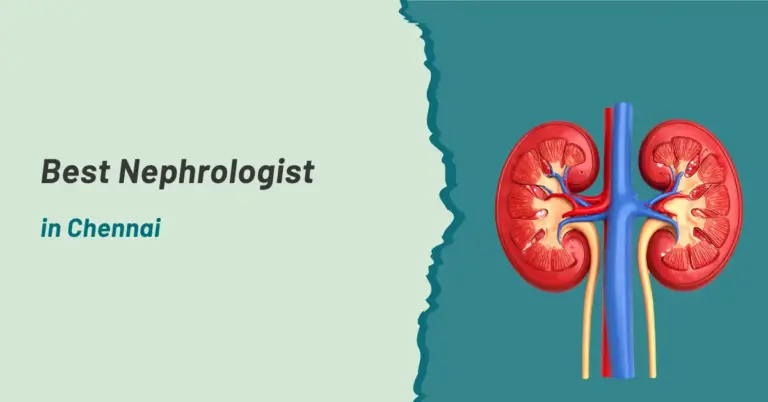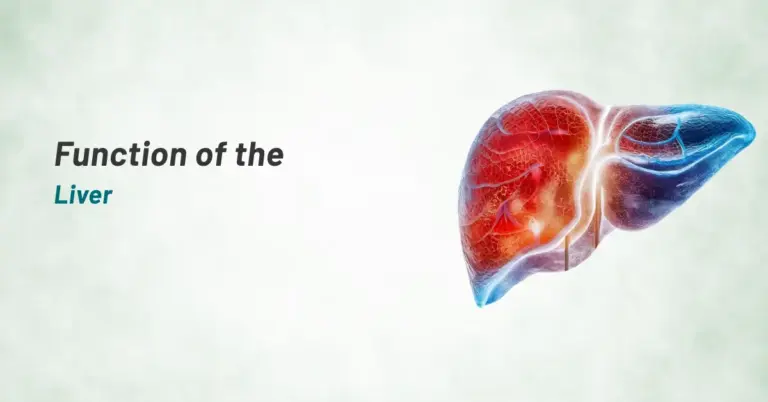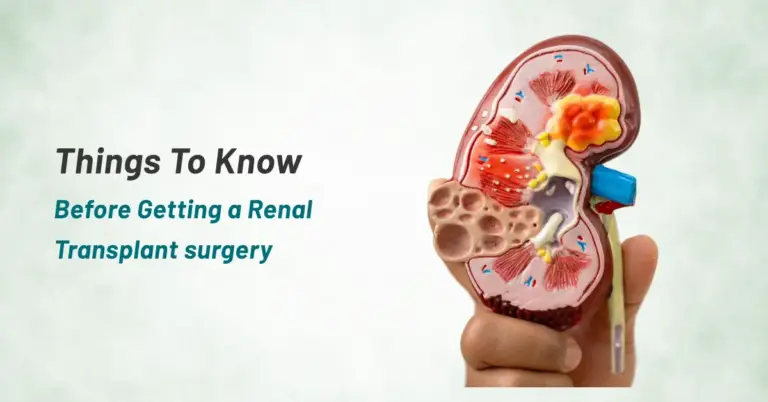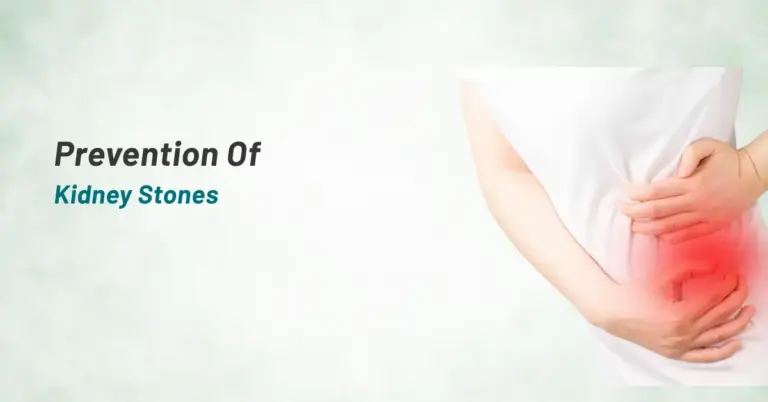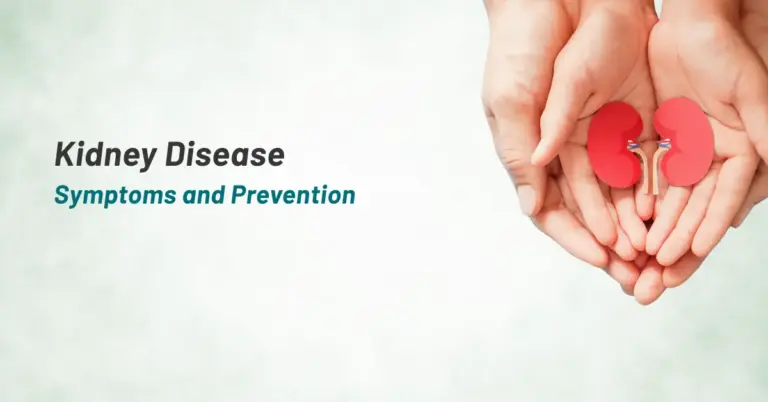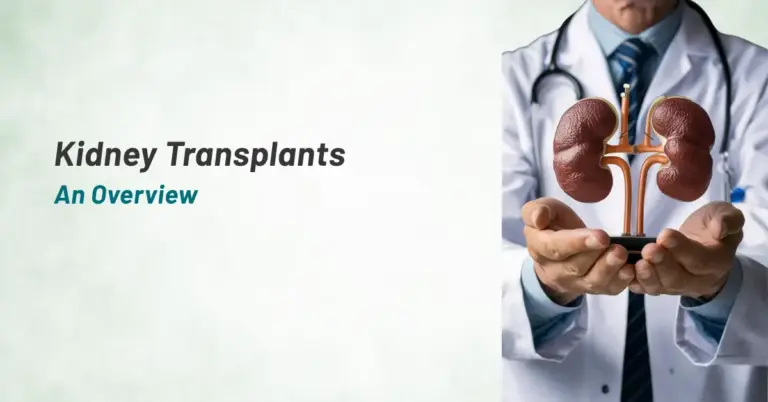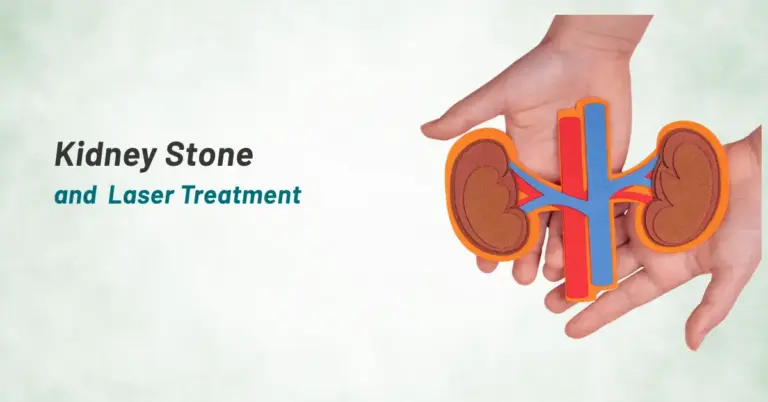The kidneys are two bean-shaped organs located on either side of the spine, just below the ribcage. Although they are relatively small, their function is crucial to maintaining overall health. They play a central role in filtering and regulating wastes, balancing electrolytes, managing blood pressure, and producing hormones that influence other bodily processes. In this blog post, we’ll explore how your kidneys work and why they are essential to your health.
The Structure of the Kidneys
Each kidney contains about a million tiny filtering units called nephrons. These nephrons are responsible for filtering blood and removing waste products and excess substances. Nephrons are composed of two main structures: the glomerulus and the tubule. The glomerulus is a tiny network of capillaries (blood vessels) where filtration occurs, while the tubule reabsorbs necessary substances and eliminates waste.
The Filtration Process
The filtration process begins when blood enters the glomerulus through the renal artery. Here, high pressure forces water, ions, and waste products into Bowman’s capsule, forming a substance called filtrate. Proteins and blood cells, which are too large to pass through the glomerulus, remain in the bloodstream. This is the first step in creating urine.
Reabsorption and Regulation
After filtration, the filtrate enters the tubule, where a complex process of reabsorption and secretion occurs. During reabsorption, the kidneys selectively reabsorb important substances like glucose, amino acids, sodium, potassium, calcium, and water into the bloodstream. This process is critical for maintaining electrolyte balance and regulating blood pressure.
The kidneys also secrete substances into the tubule to regulate the body’s chemical composition. For example, excess hydrogen and potassium ions are secreted into the tubule, which helps maintain proper pH levels and electrolyte balance.
Urine Formation and Excretion
Once reabsorption and secretion are complete, the remaining filtrate, now called urine, moves through the collecting ducts into the renal pelvis. From there, it travels down the ureter to the bladder, where it’s stored until excretion through the urethra.
The kidneys produce about 1-2 liters of urine daily, depending on hydration, diet, and overall health. By regulating the volume and concentration of urine, the kidneys play a key role in maintaining homeostasis in the body.
Hormonal Functions of the Kidneys
In addition to filtering and regulating waste, the kidneys produce hormones that influence other bodily functions. For example:
- Erythropoietin (EPO): Stimulates the production of red blood cells in response to low oxygen levels.
- Renin: Plays a role in blood pressure regulation by activating the renin-angiotensin-aldosterone system (RAAS).
- Calcitriol (Vitamin D3): Regulates calcium and phosphate metabolism, supporting bone health.
Keeping Your Kidneys Healthy
Maintaining kidney health is vital to your overall well-being. Here are some tips to keep your kidneys functioning properly:
- Stay Hydrated: Drink appropriate amount of water to help flush out waste and prevent kidney stones.
- Eat a Balanced Diet: Limit salt, processed foods, and high-sugar drinks. Include more fruits, vegetables, and whole grains in your diet
- Exercise Regularly: Physical activity helps maintain a healthy weight and blood pressure.
- Avoid Smoking and Excessive Alcohol: Both can damage the kidneys and affect overall health.
- Manage Chronic Conditions: Conditions like diabetes and high blood pressure can impact kidney function, so it’s important to keep them under control.
- Avoid unnecessary medications: Avoid taking over-the-counter medications, excessive pain killers, in advertent use of antibiotics.
Conclusion
Understanding how your kidneys work and their role in filtering and regulating waste helps highlight their importance in maintaining overall health. By taking steps to support kidney function, you can help ensure a healthy body and a better quality of life. If you have concerns about your kidney health, it’s essential to consult with a healthcare professional for guidance and management.

